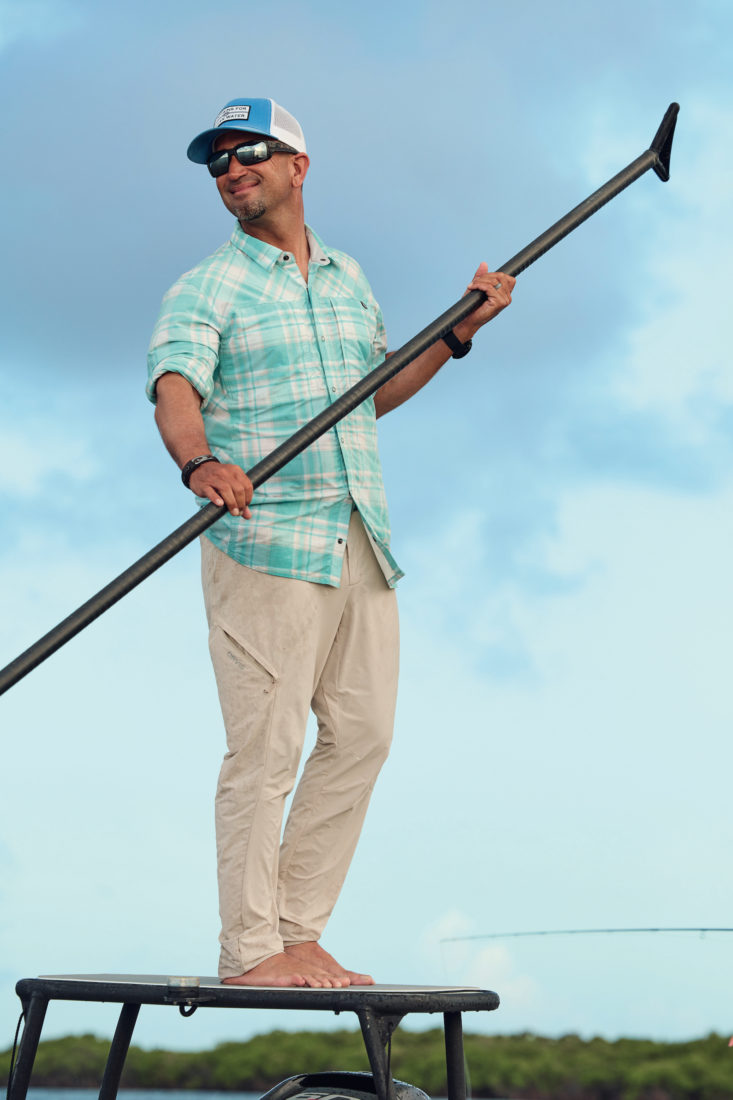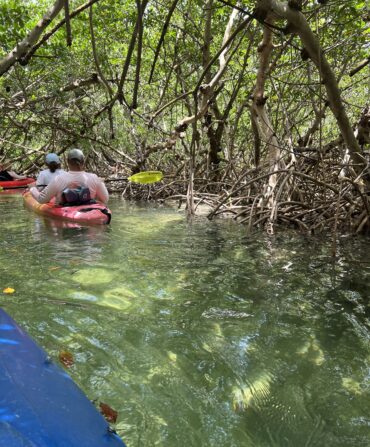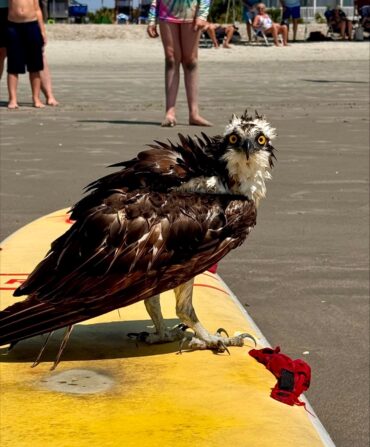The first time the South Florida fishing guide Benny Blanco flew to Tallahassee to lobby legislators, he put on worn-out penny loafers, navy-blue Dockers from the back of his closet, and a button-down shirt a size or two too snug. “Straight out of Sunday school from ten years earlier,” he says with a laugh. He had never before spoken out publicly on behalf of conservation, but a massive, drought-induced spike in hypersalinity in 2015, which killed fifty thousand acres of Florida Bay seagrass, got the now forty-six-year-old off his poling skiff and to the state capital.
A descendant of Cuban fishermen, Blanco began his life as a captain after an injury booted him off the Georgia Tech baseball team, guiding on the side as he worked in construction management. He turned full time in 1998, and after that, he gave his whole heart to the pursuit. But the Everglades devastation, he says, “was a life-changing shock to me. My depression over this was so bad my wife literally asked me to see a psychiatrist.” Instead, he went to Tallahassee with other guides to testify at a water-rights hearing, and was struck with a prophet’s zeal. While his flight home taxied down the runway, he called his wife. He needed new clothes. “Because I would be going back. A lot.”
Over the past seven years, Blanco has made more than three dozen trips to Tallahassee; Washington, D.C.; and West Palm Beach, where the South Florida Water Management District governing board meets. “A lot of politicians think we’re just a bunch of fishermen with straw hats and a can of worms, sitting on the side of a canal,” he says. But a typical South Florida guide can bring in a quarter million dollars per year, an economic impact that broadens with clients’ travel, lodging, and meals. “Once they saw we were informed, articulate business owners—and that every day we showed up we were personally missing a full day’s work—the conversations changed.”
Blanco figures he’s given up sixty full-day charters to “meet, testify, speak up, you name it,” on his own or with such organizations as Captains for Clean Water, the Everglades Foundation, and Ocean Conservancy. Recently, one of his clients was wrestling with an early morning tarpon when Blanco’s phone blew up: Lawmakers were trying to gut a crucial piece of legislation. “We landed the tarpon, and I told my angler: I have good news and bad news,” he recalls. “The good news is, you are one hundred percent on tarpon today, and that’s a hell of an accomplishment. The bad news is: Our day is done. I have to get to Tallahassee.”








